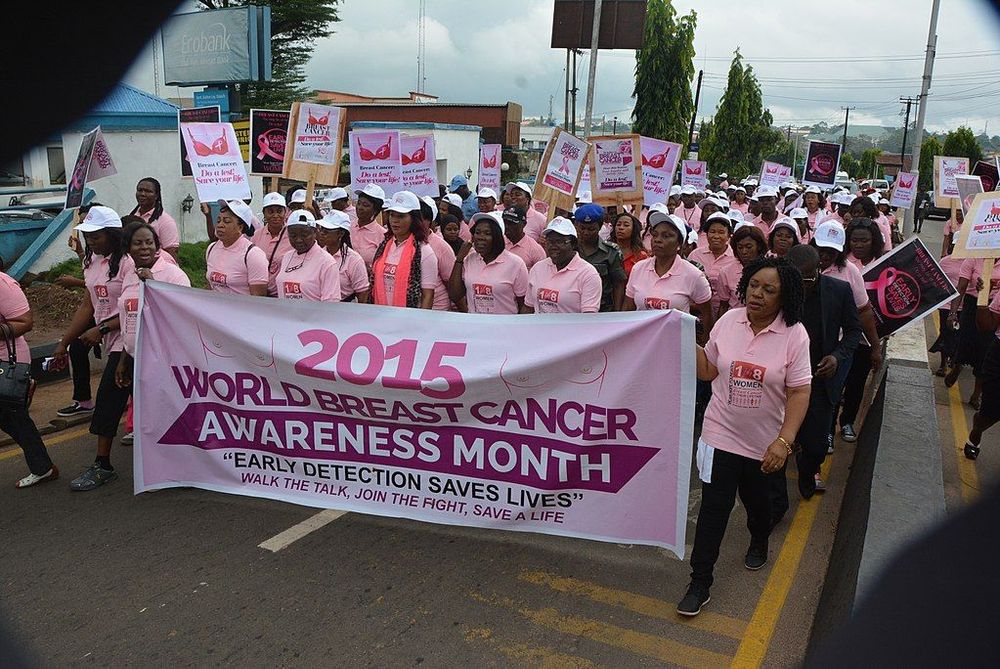As September comes to an end and October waits right around the corner, breast cancer awareness is the topic of the month! Many people may have an image of breast cancer awareness as the day to wear pink and the pink ribbon, but it is more than that.
Breast Cancer Awareness Month is a global cancer campaign that occurs every October to inform people worldwide about the disease and raise funding for breast cancer research (Yaiza del Pozo Martín, 2016). According to the Canadian Cancer Society, on average 1 in 8 Canadians develop breast cancer (Lee, 2021). That is the same likelihood as breast cancer being detected in one passenger out of two cars of travelers.
The fear of developing cancer will not go away, but early detection can reduce it. The first step in the path towards early detection of breast cancer is knowing all the facts. Here are some answers to frequently asked questions about breast cancer screening.
1. What is the proper age to start getting breast cancer screenings?
(May vary by province)
- From age 40-50, consult with your doctor about the risks you may have for breast cancer (i.e. family history). Certain conditions may lead to a recommendation for regular breast exams at an earlier age than usual.
- After age 50, until age 75, book a mammogram every 2 years.
- After age 75, consult with your doctor about whether mammograms are necessary.
2. Do I need a referral for breast cancer screening?
(May vary by province)
No, a referral is not required. Simply book a consultation with your doctor in-person (or if you want to save time, a virtual visit) to confirm your eligibility for a mammogram and request a requisition from your doctor if necessary.
If you do not have a family doctor, you can visit your nearest walk-in clinic, but it is key to have a primary physician so they can follow up on your results.
3. How do I book a consultation about breast cancer screening?
- First call your doctor’s clinic (or any walk-in clinic) and visit their website to familiarize yourself with their booking availability and COVID-19 protocols.
- Then, book a consultation via call, in-person, or with an online booking system, depending on what options the clinic provides.
Annually, Breast Cancer Awareness Month reminds us of the power of public awareness to help us prepare and plan for early detection. This leads to increased treatment efficacy and more promising long-term outcomes for patients. Unfortunately, despite the many decades of this campaign, many people are still uncertain and not confident on what to do when they detect an apparent abnormality in breast tissue or elsewhere. The answer is simple: you always can and should turn to your family doctor or a walk-in clinic professional to help guide you through next steps.
Especially in our current times, just the thought of long waits at a clinic can increase anxiety, which can in turn delay the crucial process of responding to early cancer detection. If worries like these are blocking you from consulting with a doctor, you can safely and efficiently book a virtual consultation (video or phone) through online booking.
Do you need to speak with a doctor? Visit Cortico’s Clinic Map to book with a walk-in or family practice near you.
For more articles and blogs like this, check out Cortico’s blog.
Sources
Lee, S. (2021). Breast cancer statistics. https://cancer.ca/en/cancer-information/cancer-types/breast/statistics?_ga=2.204666256.1433459475.1632259896-1517153500.1632259896








